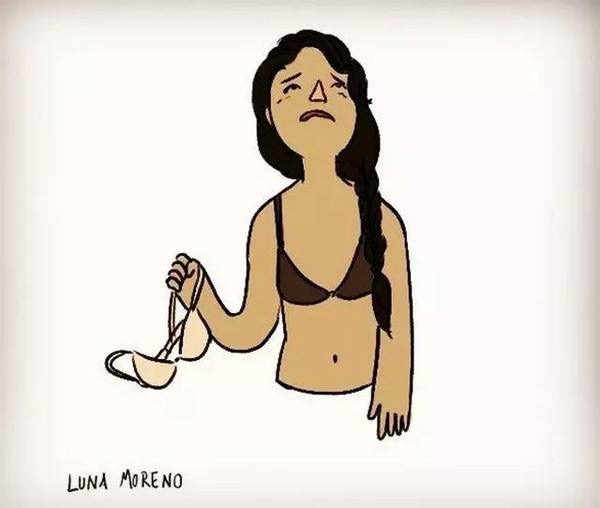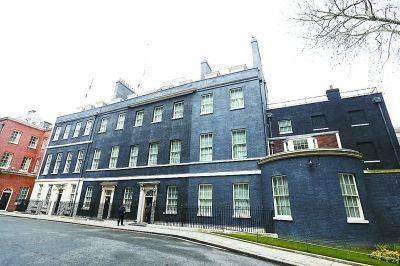Recently, some netizens on Weibo have posted some shared bicycles with yellow body and the words "Meituan Bicycle", mostly taken in Beijing, Taiyuan and other cities.
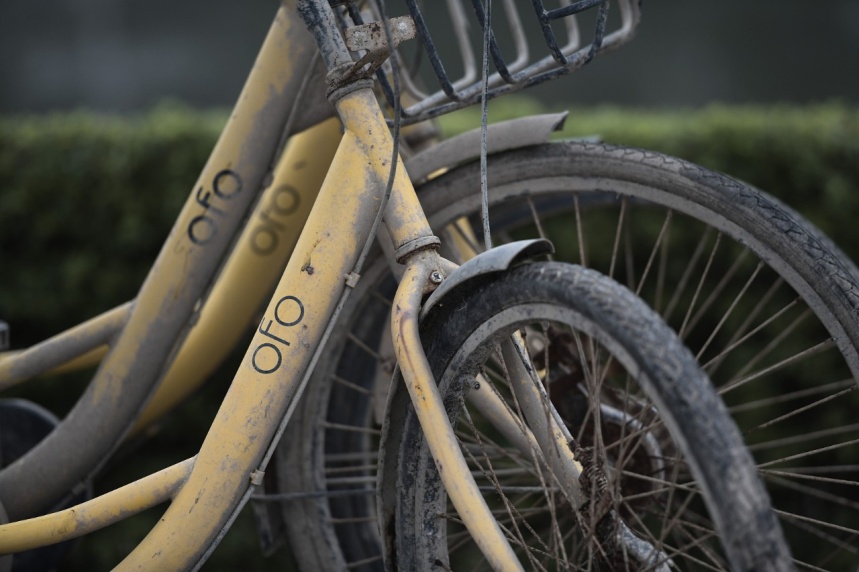
For the current situation, Liu Yuanju, from the Beijing News, said that all the players who continue to enter this field are those who have multiple means to benefit from other channels. "Shared bicycle is a heavy asset. It's difficult to make profits through rent in the short term. Nobody can survive without the support of big capital." Liu Yuanju said.
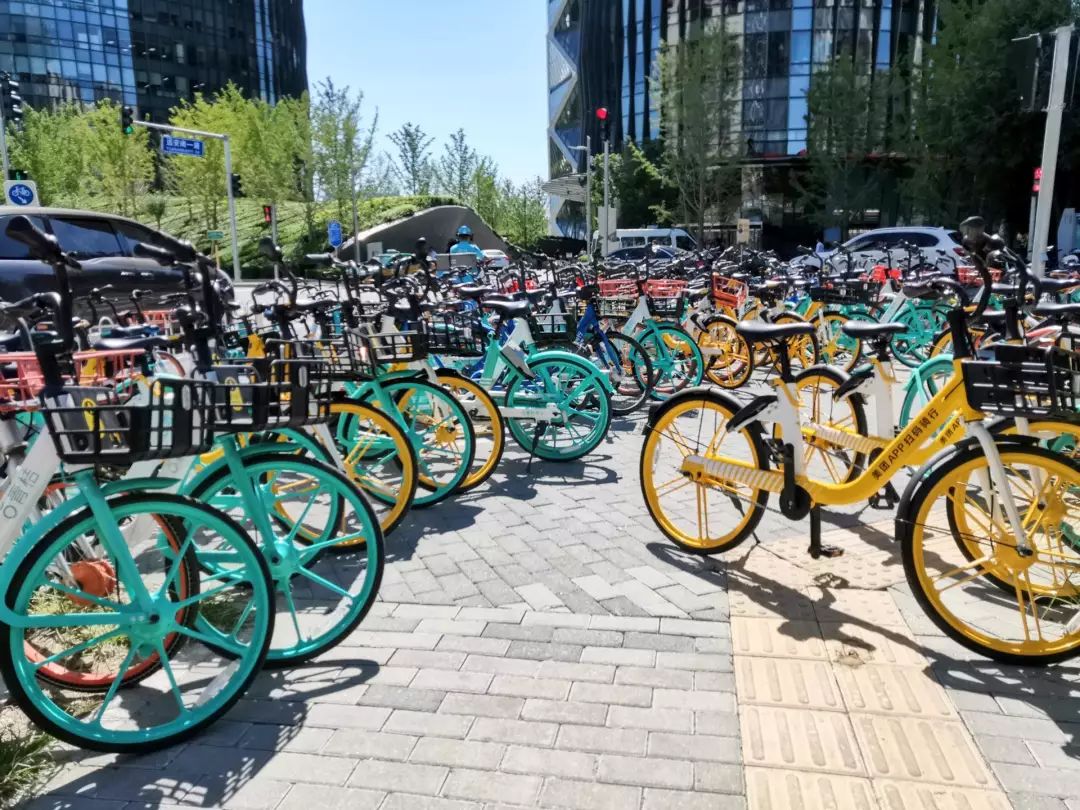

Around the living circle near Lishui Bridge outside Five Ring Road and Wangjing CBD office circle inside the Fourth Ring Road, where the traffic was quite intense, there are indeed many yellow Meituan bicycles. At the exit of Lishuiqiao Metro Station, the bicycle parking area is about 800 meters long. Meituan bicycles, Mobike bicycles and ofo bicycles are very eye-catching.
According to the data from Beijing Traffic Commission, the average daily cycling capacity of the whole city in the first half of 2019 was 1.64 million, and the average daily turnover rate was only 1.1 times per vehicle. The daily average active vehicles accounted for only 16% of the total number of vehicles reported, while the weekly average active vehicles only accounted for 30%. This means that there is still a serious problem of excess in the market, and the reduction will be an irreversible trend in the future.
According to the statistics, 16 million bicycles were shared across the country by mid-2017, of which ofo accounted for 65% of the market share, about 10 million; and Mobike exceeded 5 million. Later, Hellobike was limited due to the city ban. But it would not face excessive pressure to the replacement strain.
On August 28, according to the Beijing Municipal Communications Commission, drip trips and Mobai bicycles will be reduced by 50% of the number of vehicles reported for delivery, and all vehicles will be collected and cleaned up centrally by the districts, and implemented by the end of 2019.
In April 2018, Mobike, with the second largest market share, was sold for $2.7 billion to Meituan. Today, Mobike ranks first in market share, while the former giant ofo is still far away from solving the deposit problem.
Nowadays, a large quantity of the shared bicycles on the market has been changed. People used to see yellow (ofo) and orange (Mobike) bicycles all over every city. Yet now they might notice that those bicycles are switched by yellow (Meituan), green (Qingju) and white (Hellobike) ones. In the foreseeable future, the alternation of old and new bicycles will continue to accelerate.
According to the released data, by 2017, more than 70 shared bicycle brands have emerged in the market. After experiencing the pain of capital chain rupture, lack of profit, disruption of public resources and so on, the market of shared bicycles is no longer crowded. For now, there are less than 10 brands which can remain their stable market share.
Regarding the retirement life of shared bicycles, Beijing, Shanghai and other places have issued regulations requiring shared bicycles to be renewed or scrapped after three years of operation. This means that most of the early-generation bicycles born before 2017 are going to be scrapped.
The representatives of Meituan and DiDi said that these new bikes are not a new launch, but the replacement of old ones, which is a contrast to the crazy expansion three years ago.
(Source: Wechat ID: rancaijing)
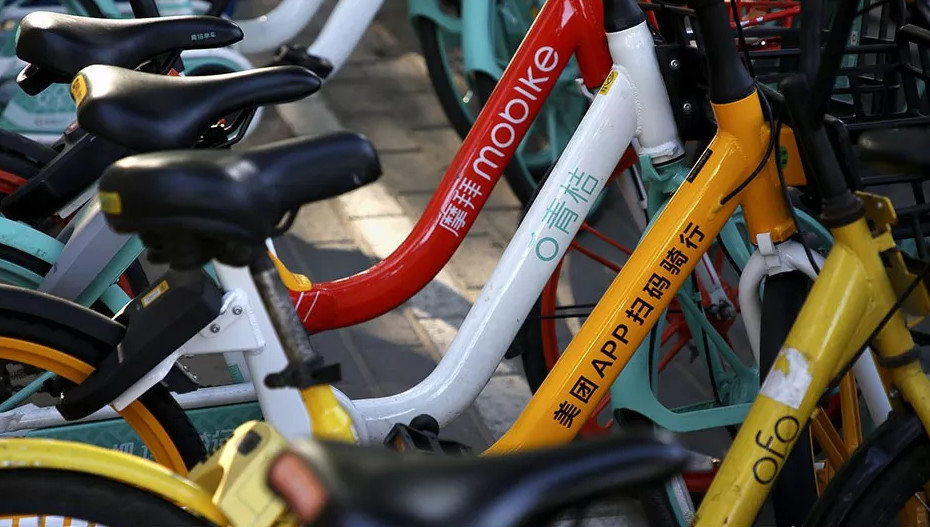
As for Hellobike, which took the route of encircling the city from the countryside, received investments by Alibaba frequently and finally entered the Beijing market in 2018 as a main battlefield.
At the beginning of this year, a large number of ofo bicycles appeared in the garbage disposal plant. The response of ofo is that those bikes have reached the end of their life. The chance of revival of ofo, which is unable to return its deposit, is not promising. Other companies, with financial strength, are responding to the scrapping crisis through replacement strategy.
Despite the withdrawal of capital bubbles, the expansion is no longer the main theme of the market. But the battle of share bicycles is far from over.
Instead of solo fighting in the first half of this battle, the players who survived in the second half basically formed a balanced situation headed by Alibaba, Meituan and Didi.
The same scene also happened in Wangjing, in front of Pauli Square, Meituan bicycles and Qingju bicycles occupied half of the court. Besides Meituan bicycles and Qingju bicycles, Hellobike has also been put into use in Beijing for the last six months.
In 2016, under the background of capital influx, shared bicycles, mainly led by ofo and Mobike, were put into the market, and in a short period of just few months, they "occupied" the main roads of many cities.
